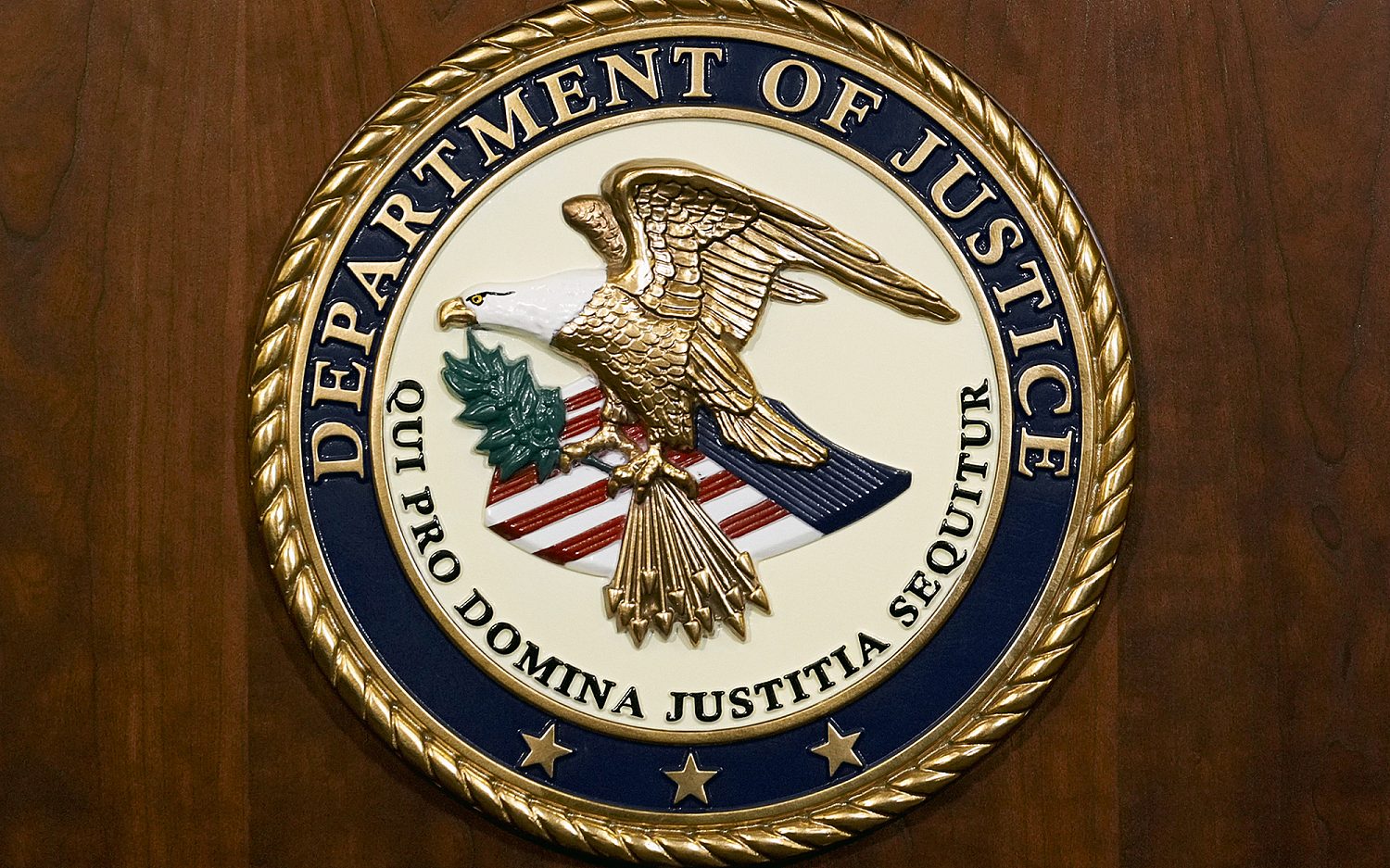Canada's first Christian law school approved
Trinity Western University faces opposition over its stance on homosexuality
UPDATE (4 p.m. EST): The British Columbia Ministry of Advanced Education has approved the creation of the law school at Trinity Western University. In its decision, the ministry confirmed that the proposal met “the degree program quality assessment criteria for private and out-of-province public institutions.”
Trinity Western President Bob Kuhn on Thursday said the school is very excited about the outcome and looking forward to the challenge of building Canada’s first Christian law program. Trinity Western hopes to enroll about 60 students for its first class in the fall of 2016.
Kuhn said the process took longer than they had hoped, but he is glad to have the “rancor” behind him. He said most of the criticisms against the school were “tangents not supported in fact or law” and came from a lack of understanding.
As for threats of a lawsuit against the school, Kuhn said, “If people want to spend money on court time and litigation, there is very little you can do to stop them. … Seems to me to be a waste of resources.”
OUR EARLIER STORY: The Federation of Law Societies of Canada this week granted preliminary permission for Trinity Western University to open the country’s first Christian law school.
The decision came after Trinity Western faced a firestorm of controversy since submitting its law-school application in 2012. The Council of Canadian Law Deans and the Canadian Bar Association opposed the program because Trinity Western’s community covenant requires students and employees to abstain from “sexual intimacy that violates the sacredness of marriage between a man and a woman.”
The Federation, which appointed a special advisory panel to look into allegations that Trinity Western is discriminatory, found there is “no public interest reason” not to grant preliminary approval for the law school.
“This is a major, major breakthrough,” said Justin Cooper, executive director of Christian Higher Education Canada. “The gay community has been on a roll here, and I think they thought they were invincible. This is a little bit of a reality check that we do live in a pluralistic society, and Christians have rights, too.”
Trinity Western, located in Langley, British Columbia, still needs authorization from the provincial law societies and the British Columbia Ministry of Advanced Education before it can move forward, but most view gaining the Federation’s approval as the biggest obstacle. Cooper said Trinity Western maintains a good relationship with the minister of education in British Columbia, and it would be unusual for a provincial body to contradict a national body.
“The more powerful group has spoken first and spoken well,” he told me. “This is one of the leading places of opposition, where ironically those who know the law don’t want the law to be the way it is. They’d like to rewrite it.”
Federation President Marie-Claude Bélanger-Richard said it followed a “fair, rigorous and thoughtful process” in granting Trinity Western initial approval. The Federation identified three concerns it will evaluate on future reviews, including the law school’s proposed budget and the way Trinity Western teaches ethics and public law.
Trinity Western President Bob Kuhn, said in a statement that he is pleased with the decision and looks forward to moving on from the debate over the school’s role as a faith-based university. “While the university does have strong religious roots, it is committed to fully and comprehensively teaching all aspects of law, including human rights, ethics, and professionalism,” Kuhn said.
Prominent Canadian lawyer Clayton Ruby, who has made it his personal ambition to stop Trinity Western’s law school, said “there will be a lawsuit” if the school gains final approval, according to The Globe and Mail.
Activists have made broad accusations against Trinity Western, Canada’s largest Christian school with more than 4,200 students, but no one has ever claimed a specific instance of discrimination. That fact was a major reason for the 2001 ruling by the Supreme Court of Canada in favor of Trinity Western starting an education program. The court found no evidence of discrimination and said Trinity Western has the right to require its staff, faculty, and students to refrain from homosexual relationships based on the principles of “freedom of conscience and religion.”
Despite the clear precedent, Canada’s legalization of same-sex marriage in 2005 was cause for concern for many religious freedom advocates. But to the extent Trinity Western’s case is a bellwether for religious liberty in Canada, Cooper said this week’s announcement is a very good sign.
“This is clearly a decision that upholds Canadian law as it reads,” he said. “This is a great affirmation of religious freedom in Canada.”
An actual newsletter worth subscribing to instead of just a collection of links. —Adam
Sign up to receive The Sift email newsletter each weekday morning for the latest headlines from WORLD’s breaking news team.





Please wait while we load the latest comments...
Comments
Please register, subscribe, or log in to comment on this article.